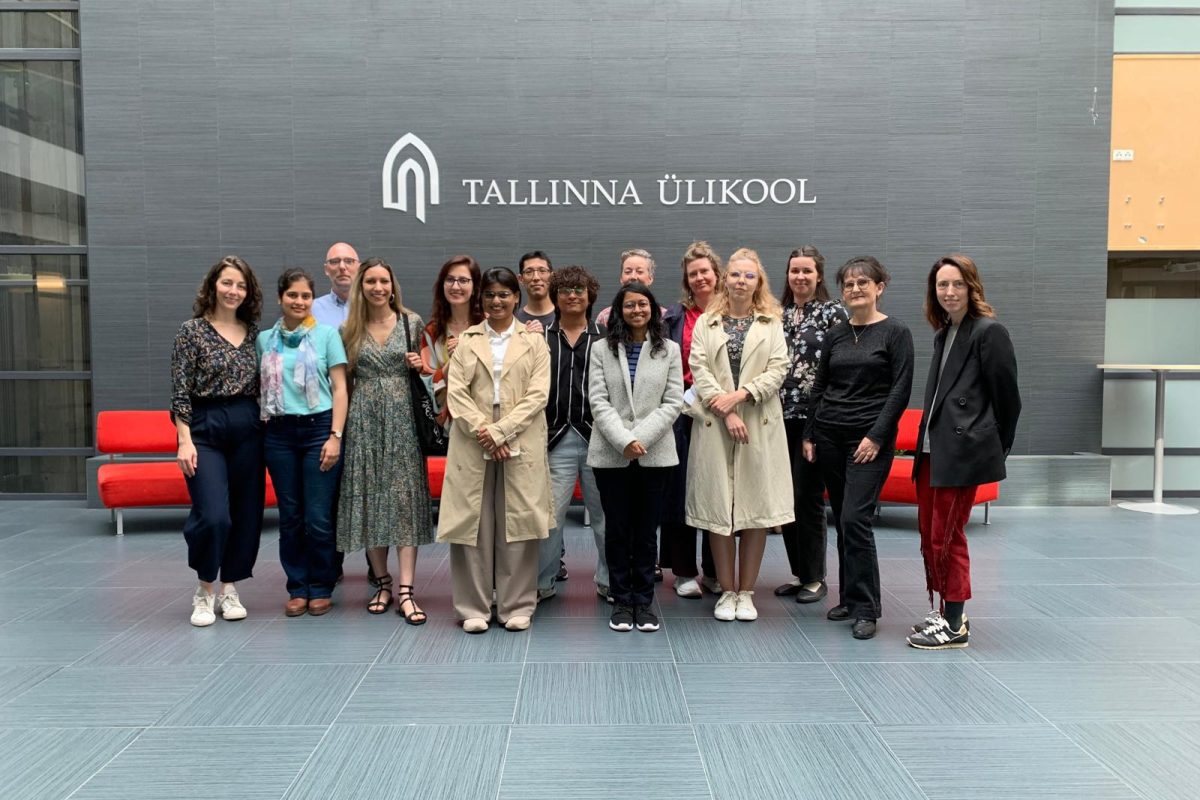At the end of March 2025, we closed our call for expressions of interest to apply to the Marie Skłodowska-Curie Postdoctoral Fellowships (MSCA PF) with the School of Humanities at Tallinn University as host institution. We were thrilled to receive over 70 proposals from researchers across the world—each with impressive profiles and fascinating project ideas who wanted to participate in this MSCA postdoctoral training.
MSCA Fellowship proposal preparation and support
Due to the high number of strong applications and the limited number of places available for onsite training, this year we decided to offer two tracks of MSCA training:
-
An onsite training camp in Tallinn with 13 selected candidates
-
A shorter online training for 10 additional candidates
Both groups are now actively working on their proposals, receiving support through feedback on multiple drafts, guidance on structure and content, and ongoing consultation with supervisors and trainers.
Disciplines and backgrounds of MSCA training participants
Participants came from a wide range of disciplines within the humanities and social sciences, including philosophy, cultural studies, history, media, and linguistics. Their diverse academic backgrounds, experiences, and perspectives brought incredible energy and richness to the group work and discussions.
MSCA training impact at Tallinn University
Thanks to the success of this initiative in previous years, other schools at Tallinn University have now adopted similar MSCA postdoctoral training programmes. Since we began running these sessions, the School of Humanities has already welcomed 5 MSCA postdoctoral fellows and 4 researchers funded through ETAg’s postdoctoral scheme—a result we’re proud of, and one that shows how targeted support can make a difference.
Feedback from MSCA Postdoctoral Fellowship training participants
The feedback from this year’s training was very encouraging. Here are just a few excerpts from what participants shared:
“Attending the MSCA Postdoctoral Fellowship training at TLU was incredibly valuable for me. I genuinely don’t think I would have been able to approach the application process with the same clarity and confidence without this workshop.”
“The trainers did an excellent job transitioning from evaluator feedback to concrete proposals, and from the proposal requirements to specific, practical examples.”
“It was highly practical, meticulously planned, and comprehensively covered all the nuances of MSCA applications… I feel encouraged and empowered to apply.”
“I especially appreciated how practical and focused the training was—it really helped me understand what’s expected in a strong MSCA application.”
“The atmosphere was warm and supportive. I now feel much more equipped to move forward with the submission.”
We’re now entering the drafting phase—working closely with each candidate to polish their proposals and make them as strong as possible. We hope to see some of them return to Tallinn as postdoctoral researchers in 2026!
It has been a real pleasure to coordinate this training once again. When I first launched this initiative at the School of Humanities, I didn’t quite imagine how far it would go. It’s been a fantastic—if at times arduous—adventure, and deeply rewarding to support early-career researchers through this process. Even more so, it’s a joy to welcome them not just as participants, but as future colleagues.

